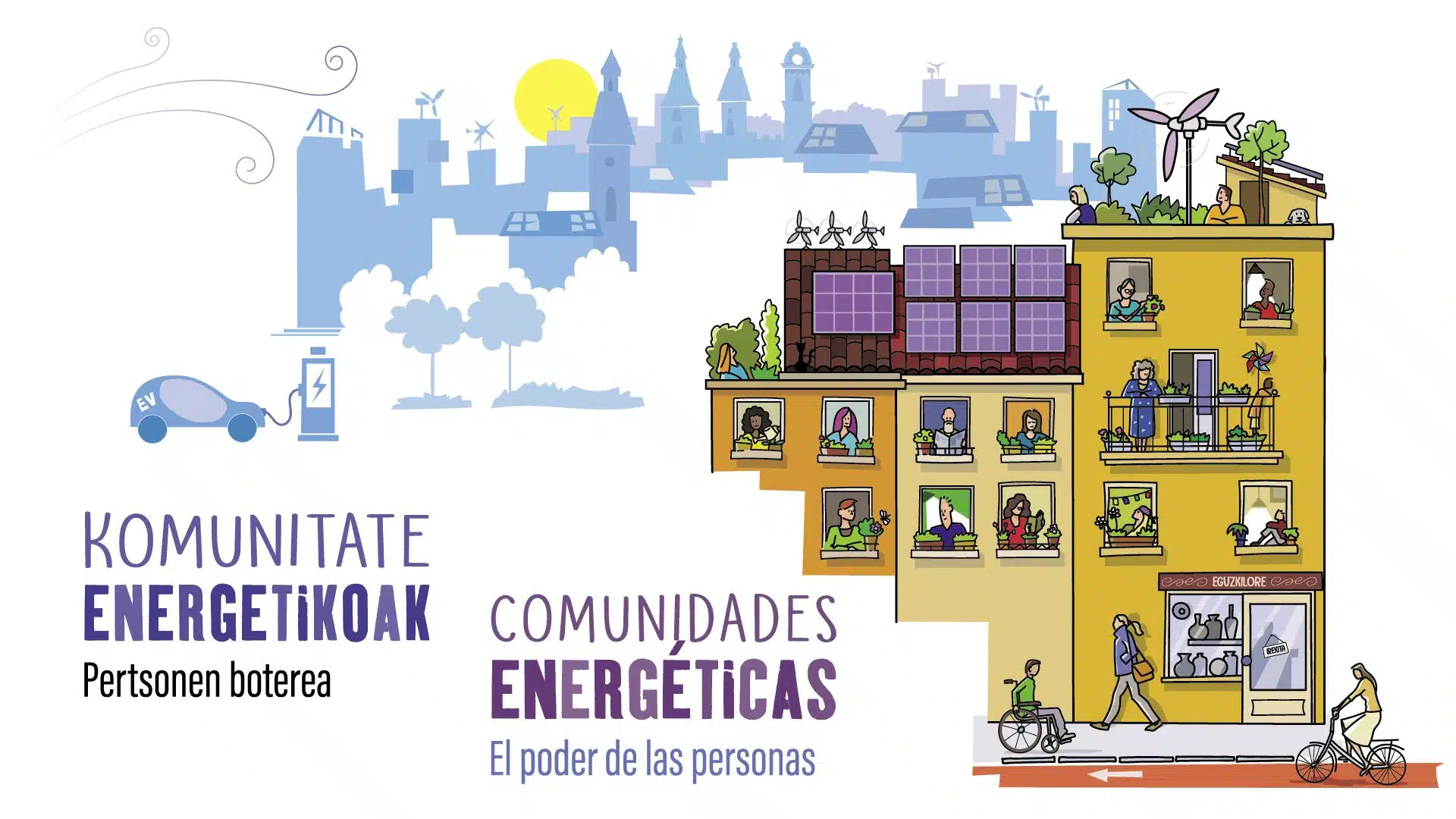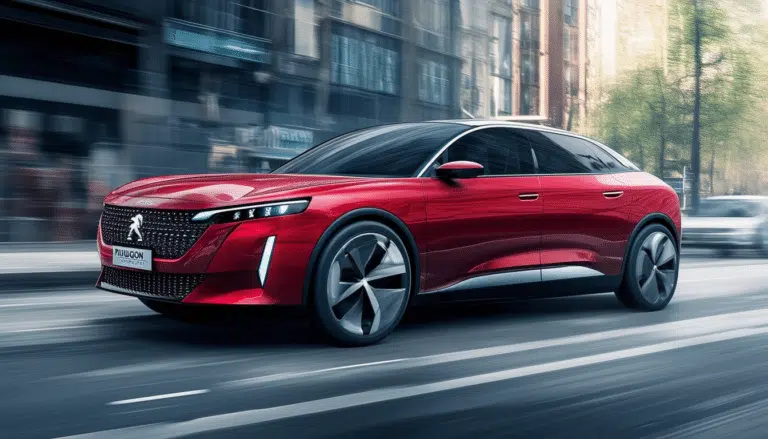The energy efficiency community

The energy efficiency community plays a crucial role in the transition towards a more sustainable future. Through collaboration and education, the members of these communities drive actions that not only reduce energy consumption but also minimize environmental impact. Encouraging a responsible use of energy and sharing resources allows communities not only to optimize their energy autonomy but also to raise awareness about the importance of adopting sustainable practices. This collective approach is fundamental in addressing current energy challenges and achieving a transition towards a renewable energy model that benefits everyone.
Energy efficiency is not only the responsibility of individuals or companies but must also be a collective effort. Communities play a fundamental role in promoting sustainable practices that help reduce energy consumption and foster a more environmentally friendly lifestyle. This article will explore how communities can unite to promote energy efficiency and the benefits that this entails.
Definition and objectives of the energy community
The energy community refers to a group of individuals and entities that collaborate to produce, manage, and consume renewable energy more efficiently. The main objective of these communities is to increase energy self-sufficiency, decrease costs, and reduce the carbon footprint. By working together, their members can take measures that benefit not only the community but also the environment in general.
Benefits of collaboration in sustainability
Engaging the community in energy efficiency projects provides multiple benefits. First, it fosters greater environmental awareness and education about the importance of reducing energy consumption. Additionally, collaboration can lead to the development of programs and systems for sustainable mobility, as well as the installation of resources such as solar panels and efficient heating systems. These actions not only help individuals save on their energy bills but also contribute to local sustainability.
Successful community projects
There are many examples of community projects that have improved energy efficiency. For example, many communities have established initiatives to share solar panels or electric vehicles among members. These projects not only optimize available resources but also create a sense of belonging and collaboration. Through joint investment, communities can implement technologies that would otherwise be inaccessible to individuals or families separately.
How to start an energy efficiency community
Forming an energy efficiency community requires careful planning and commitment from its members. The first step is to identify the needs and goals of the community. This could include reducing costs, improving quality of life, or simply trending towards a more sustainable future. Then, working groups can be created to address different areas such as education, resources, and project development.
The economic impact of energy efficiency
A central aspect of energy communities is the economic savings they can generate. Studies have shown that adopting efficient technologies, such as solar energy systems or low-consumption appliances, can result in significant savings on energy bills. By joining forces, communities have the ability to negotiate better rates with energy suppliers and access government subsidies that promote energy efficiency.
Connection with climate change
The commitment of communities to energy efficiency also has a positive impact on the fight against climate change. Reducing the consumption of fossil fuels and promoting renewable sources are essential to mitigate the negative effects of climate change. Through collaboration and the sharing of knowledge and resources, communities can play a crucial role in reducing greenhouse gas emissions.
Future of energy communities
The future of energy communities is promising, as more people become aware of their carbon footprint and seek ways to reduce their environmental impact; these groups will continue to grow. Technological innovations and legislative changes favoring sustainable energy will also contribute to the expansion of these communities. With a focus on collaboration and education, the path towards a more efficient energy future aligns with the interests of all its members.
The development of an energy efficiency community is essential to face the challenges posed by climate change and the energy crisis. These communities focus not only on reducing energy consumption but also on promoting the use of renewable energies and environmental awareness among their members. By collaborating, they share knowledge and resources that allow them to decrease the carbon footprint, fostering a more sustainable environment.
Furthermore, by encouraging active participation and collective commitment, economic and social benefits that transcend the individual are generated. Energy communities allow for better utilization of local resources, developing strategies for self-consumption and the implementation of clean technologies. This not only translates into savings but also enhances energy self-sufficiency and environmental care.
Education plays a crucial role in these initiatives, as by informing and training their members about energy efficiency practices, significant changes in consumption habits are achieved. This results in a positive impact on the local economy and on the quality of life of citizens, reducing expenses on basic services and promoting more responsible lifestyles.
Finally, the creation of networks within these communities allows for greater visibility in the adoption of sustainability measures. As more individuals and organizations join, the fight against the excessive use of fossil fuels will be strengthened, promoting a shift towards a more sustainable future. Together, these efforts mark the beginning of a necessary and urgent energy transition for the well-being of the planet.




